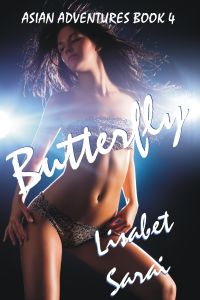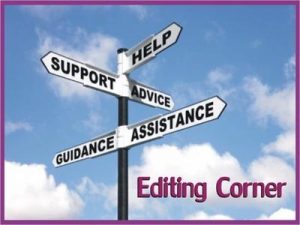By Ashley Lister
It was Johann Wolfgang von Goethe who said, “There is nothing insignificant in the world. It all depends on the point of view.” These thoughts were echoed by Harper Lee who noted, “You never really understand a person until you consider things from his point of view.” And, it is following these thoughts on the importance of point of view, that this month’s writing exercise looks at this most vital subject in the craft of writing.
There are four distinct points of view that a fiction writer can use. These include first person, second person, third person and omniscient narrator. There are some people who will tell you that there are disparate types of third person narrator – suggesting there are objective, omniscient and limited third person narrators – but these nuances are more academic than practical, and these writing exercises are all about practicality (which is my way of saying I’m going to ignore them here).
I’m going to tackle one each of these over the next four months, starting with my favourite: first person.
*
We’d been drinking vodka…
Isn’t vodka brilliant? The best stories I’ve ever told always start with the words, “We’d been drinking vodka…” and this one is no exception.
We’d been drinking vodka. Mel had found the bottle in the kitchen cupboard of my third floor apartment. It was next to a mouldering loaf of bread and a rusting tin of spaghetti in tomato sauce. The bottle wasn’t anything special – one of those made up Russian names (Glasnost, Prada, Kevorkian, or something) that are meant to make it sound authentic and as though it has been shipped direct from behind the Iron Curtain. The main thing I remember is that it was cheap, the aftertaste wasn’t too unpleasant, and it mixed well with the dregs of the Dr Pepper Mel had brought to our impromptu girl’s night in. The washing-up situation meant we had to drink from clunky coffee mugs rather than elegant glasses but neither of us was in a mood to be concerned by such trifling details. We had more important things on our agenda.
“Here’s to becoming lesbians, sweetie,” Mel toasted.
She raised her mug.
I clinked mine against the side and we both drank greedily.
I wasn’t sure if we were genuinely going to become lesbians, or if the toast was meant to signify that we were both pissed off at our boyfriends. Mine had elected to spend the night with drinking buddies, playing pool and watching the game on a fifty-inch screen at the local bar. Mel’s latest boyfriend had clearly upset her in some serious way because she had scoured the house like a bloodhound in her search for the vodka. When she found the bottle she had whooped in delight, made some disparaging remark about booze being better than blokes, and popped its cap with unseemly haste.
“Are we really becoming lesbians?” I asked doubtfully. “What does that involve?” I sat next to her on the settee and warily sipped my mug of vodka.
*
These lines are from the opening of my novel Once Bitten – an erotically charged tale of vampires and sexual intrigue. I decided to use first person for this particular story because I liked Tessa’s voice. She sounded carefree, not particularly bright with her obvious sexual naivete, but sufficiently savvy to know her own mind. I thought it would be fun to hear her tell the whole story.
The first person narrator, as we all know, is a character-narrator who is telling a personal story. It’s easily identified because we recognise the use of personal pronouns (I, we, my, me, etc.) and the viewpoint shows us the world through the eyes of a single person. As a bonus, this allows us to get to know the character-narrator in more depth than other characters because we (the readers) are inside that character’s thoughts.
This is a point of view commonly seen in diaries and personal exposés and it is this sense of being told secrets that makes it an ideal voice for a narrator of erotic fiction because, what could be more arousing than the idea of being inside someone’s thoughts?
As always, it would be good to see a few lines from your first person narratives in the comments box below.








